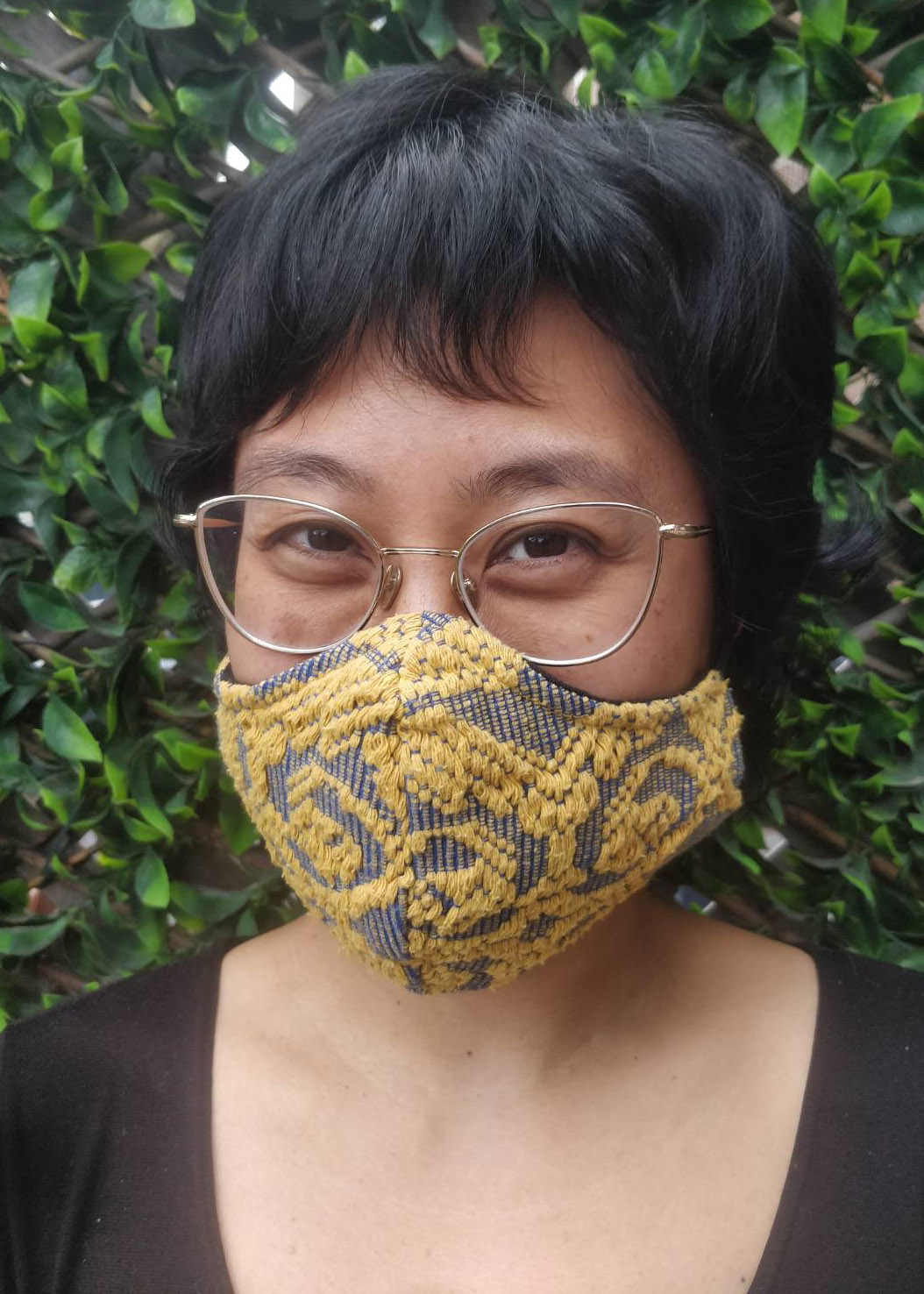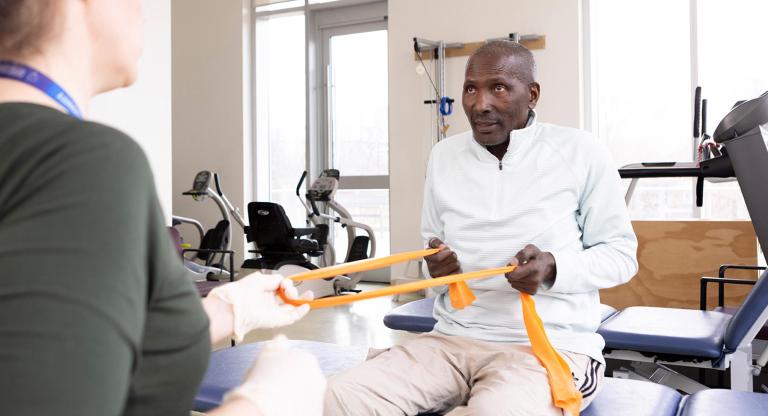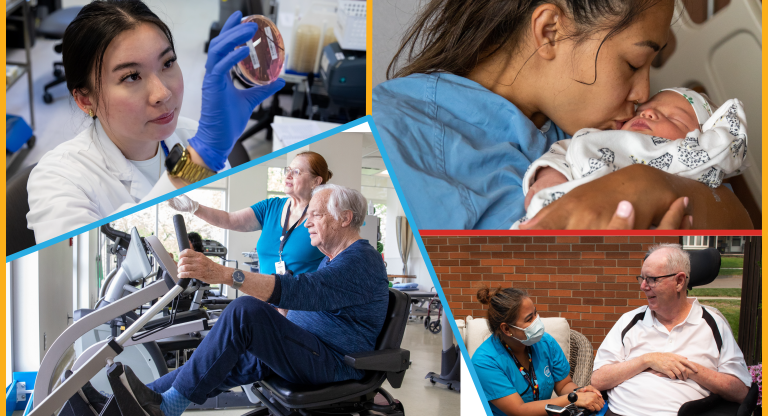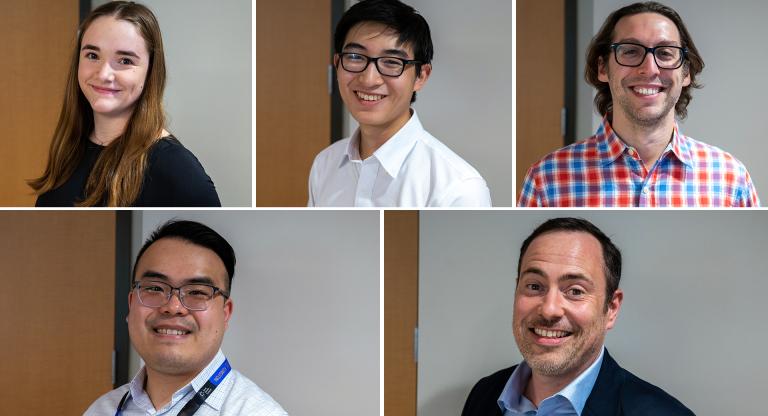Living with cancer: coping tips and shared experiences
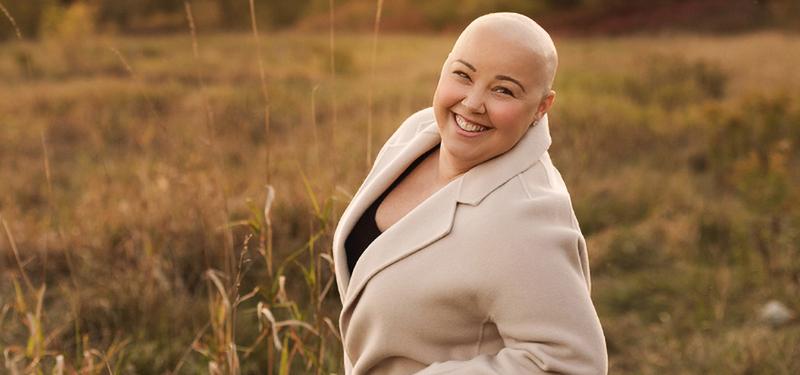
There is uncertainty with a cancer diagnosis and the pandemic may underline the worry. For Rebecca Barrett, a social worker in Mount Sinai Hospital’s Christopher Sharp Cancer Centre specializing in supporting whole-person care for patients, she experiences a different side. “I continue to see many patients who show courage and resilience,” she says.
During the first wave of COVID-19, Rebecca met with Vicki and Rebekah who were both coping with life-changing diagnoses. They share their experiences, and Rebecca offers suggestions on adaptive coping techniques, with the hope to help others who may be facing a cancer diagnosis at this unprecedented time.
Acknowledge the ups and downs
“I let the information [of the diagnosis] sink in. I made an early conscious decision to find my voice through all of this. If nothing is stable, I thought, I can choose what I want to make of it and how I want to tackle and learn from this. I was grateful for the care team and the energy they brought, which helped me celebrate milestones in my treatment and also process the vulnerability I felt,” said Vicki.
Tip: All feelings – the good and the more challenging – are temporary. They will come and go. When the difficult feelings arise, take the time to observe them, acknowledge them and keep the heart open in order to let go.
Find ways to connect and to work through how you are feeling
“Through all of this, my relationship with my husband, our family and our friends are even stronger. Though you are physically isolated, you are never alone, and some of our relationships grow even deeper. I share on social media about what I’m working on right now. I am taking one day at a time and I think it’s important to express your emotions in real time… and not to bury them,” said Rebekah.
Tip: Consider the people in your life you trust and will give you the kind of support you’re looking for. Explore channels for self-expression. Share with a close friend or family member. Talk to a spiritual care provider or a health care professional. These are all ways to help you work through your experiences.
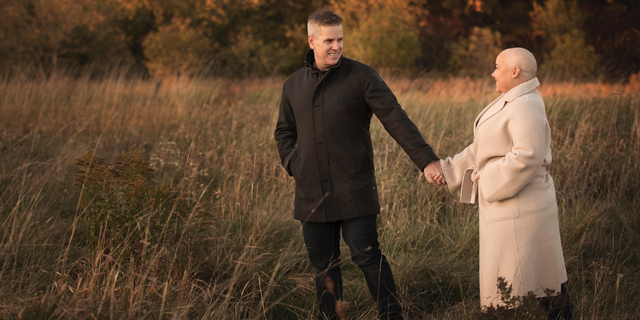
Self-care and reflection
“You gain a lot of perspective, facing something like this. I have a new sense of openness to both the deep difficulties and joys of being human. After getting through treatment, I feel as though I’m on borrowed time. I feel driven that I got this renewed chance of what I want my life to look like. Sometimes that means actively exploring, which for me during the pandemic means reading lots, hiking and taking online classes on inspiring topics. Sometimes it’s a quieter and slower process, reflecting by myself or connecting honestly with loved ones,” said Vicki.
Tip: Although it is very difficult for many, a cancer diagnosis can provide opportunities to slow down, reflect on what’s most important and helps individuals find new ways to live within their values that brings a stronger sense of self.









